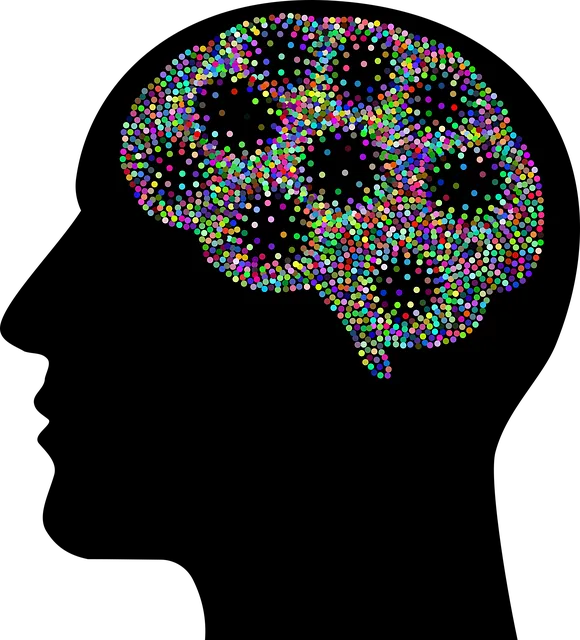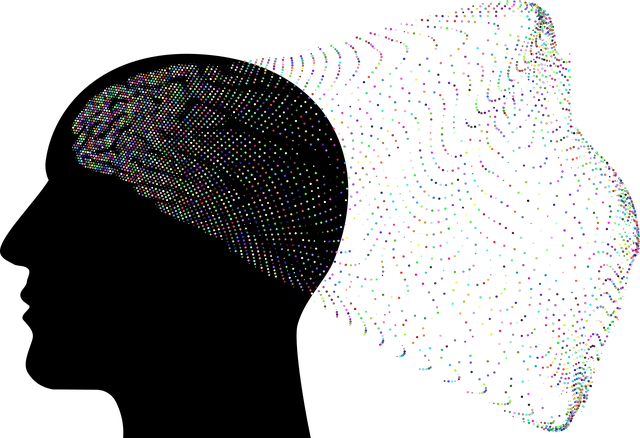Englewood Kaiser Permanente's holistic mental health services lead the charge against inaccurate media portrayals of mental illness, promoting empathy and reducing stigma through diverse, nuanced representations. By offering evidence-based programs, mindfulness practices, and community partnerships, they empower individuals to manage their mental wellness and foster understanding among the public.
Mental illness representation in media significantly influences public perception and understanding of mental health. This article explores strategies to challenge harmful stereotypes and misconceptions prevalent in popular culture. We spotlight Englewood Kaiser Permanente as a beacon of positive change, showcasing their innovative approach to accurate mental health portrayal. By examining case studies and implementing collaborative efforts between media, healthcare providers, and community organizations, we propose solutions that can drive more empathetic and realistic representations of mental illness.
- Understanding the Impact of Media Portrayal on Mental Health Perception
- Englewood Kaiser Permanente: A Model for Positive Change in Media Representation
- Identifying Stereotypes and Misconceptions in Popular Culture Depictions
- Strategies for Promoting Accurate and Empathetic Mental Illness Portrayals
- Collaboration Between Media, Healthcare Providers, and Community Organizations: Driving Effective Solutions
Understanding the Impact of Media Portrayal on Mental Health Perception

The media has a profound influence on shaping societal perceptions, and its representation of mental illness can significantly impact how individuals understand and respond to various conditions. When media portrays mental health accurately, it raises awareness, reduces stigma, and encourages help-seeking behaviors. However, stereotypical or inaccurate depictions can lead to misinformed judgments, causing further harm to those already struggling. This is where Englewood Kaiser Permanente’s commitment to mental health services becomes crucial; they offer not only treatment but also play a vital role in educating the community.
By presenting balanced narratives and featuring diverse characters with authentic experiences, media can foster self-awareness exercises that prompt viewers to recognize their own emotions and behaviors. It can also provide crisis intervention guidance, ensuring that those affected by mental health issues know where to turn for support. Engaging with these representations critically is essential, encouraging a deeper understanding of mood management strategies and promoting empathy towards individuals facing mental health challenges.
Englewood Kaiser Permanente: A Model for Positive Change in Media Representation

Englewood Kaiser Permanente stands as a beacon of positive change in media representation of mental illness. This healthcare provider has been at the forefront of innovative approaches to addressing and normalizing discussions around mental health, particularly through its comprehensive range of services designed to support individuals facing various psychological challenges. Their model focuses on holistic care, integrating medical expertise with therapeutic interventions tailored to individual needs.
By offering specialized programs that cater to conditions such as anxiety and depression, Englewood Kaiser Permanente empowers patients to take control of their mental well-being. Through evidence-based practices including mood management techniques and conflict resolution strategies, they provide effective tools for coping with daily stressors and improving overall quality of life. This inclusive approach not only facilitates anxiety relief but also fosters a deeper understanding of mental health as an integral part of overall wellness, setting a new standard in media representation that encourages empathy, compassion, and informed dialogue.
Identifying Stereotypes and Misconceptions in Popular Culture Depictions

In popular culture, mental illness is often depicted through stereotypical and oversimplified narratives that perpetuate misconceptions. Movies and television shows frequently rely on cliched representations, such as portraying individuals with mental health conditions as either dangerously unstable or passive victims. These caricatures fail to capture the nuanced experiences of those struggling with their mental well-being. For instance, the portrayal of depression in media often reduces it to mere sadness, overlooking the complex symptoms and varying manifestations of this common yet devastating condition. Englewood Kaiser Permanente mental health services recognize the importance of challenging these stereotypes by providing resources that promote accurate representation.
By normalizing conversations around mental health, initiatives like mindfulness meditation programs and self-care workshops aim to improve public understanding. Encouraging self-esteem improvement through these activities can help dispel myths and foster empathy. Engaging with mental health professionals in media creation processes is a crucial step towards ensuring that stories accurately reflect the experiences of diverse individuals. This shift in representation empowers people to seek support, practice self-care, and embrace practices that nurture their minds, much like Englewood Kaiser Permanente’s commitment to holistic well-being through its range of services.
Strategies for Promoting Accurate and Empathetic Mental Illness Portrayals

To promote accurate and empathetic mental illness representations in media, several strategies can be implemented. Firstly, involving individuals with lived experiences of mental health challenges in the creation process can offer valuable insights and ensure authenticity. This practice, known as co-creation, allows for a more nuanced understanding of these conditions, fostering genuine portrayals that resonate with audiences.
Englewood Kaiser Permanente’s mental health services can serve as a model for such initiatives. By prioritizing emotional regulation and incorporating mind over matter principles in their media campaigns, they can contribute to emotional well-being promotion techniques. This approach not only educates the public but also discourages stigmatization, encouraging open conversations about mental health issues.
Collaboration Between Media, Healthcare Providers, and Community Organizations: Driving Effective Solutions

Collaboration between media outlets, healthcare providers, and community organizations is pivotal to challenging stigmatized representations of mental illness and fostering positive change. By joining forces, these entities can create more nuanced and accurate portrayals while promoting access to resources and support. For instance, Englewood Kaiser Permanente’s mental health services have leveraged partnerships with local media to share stories that emphasize recovery and resilience, shifting public perception.
This collaborative approach extends beyond representation; it actively empowers individuals facing mental health challenges by encouraging open dialogue about their experiences. Through shared initiatives, communities can cultivate a culture of understanding and compassion, ultimately supporting the development of inner strength and resilience-building strategies that empower individuals to overcome adversity.
The representation of mental illness in media has a profound impact on societal perceptions and accessibility to support. By highlighting successful initiatives like Englewood Kaiser Permanente’s approach, we can see the potential for positive change through accurate and empathetic portrayals. Identifying and challenging stereotypes is crucial, and collaboration between media, healthcare professionals, and community organizations is a proven strategy to foster a more understanding and supportive environment for those seeking mental health services, such as those offered by Englewood Kaiser Permanente.






